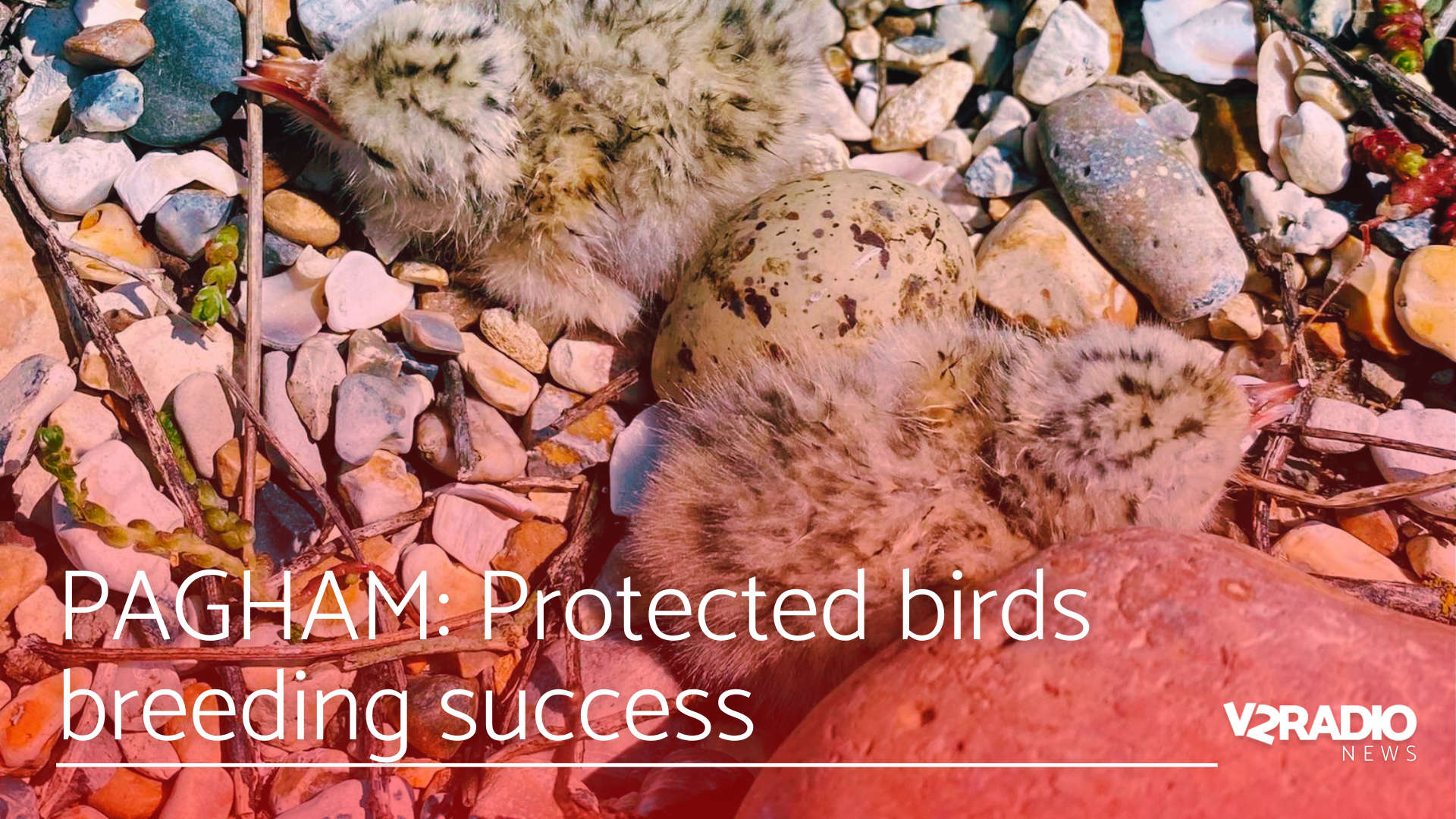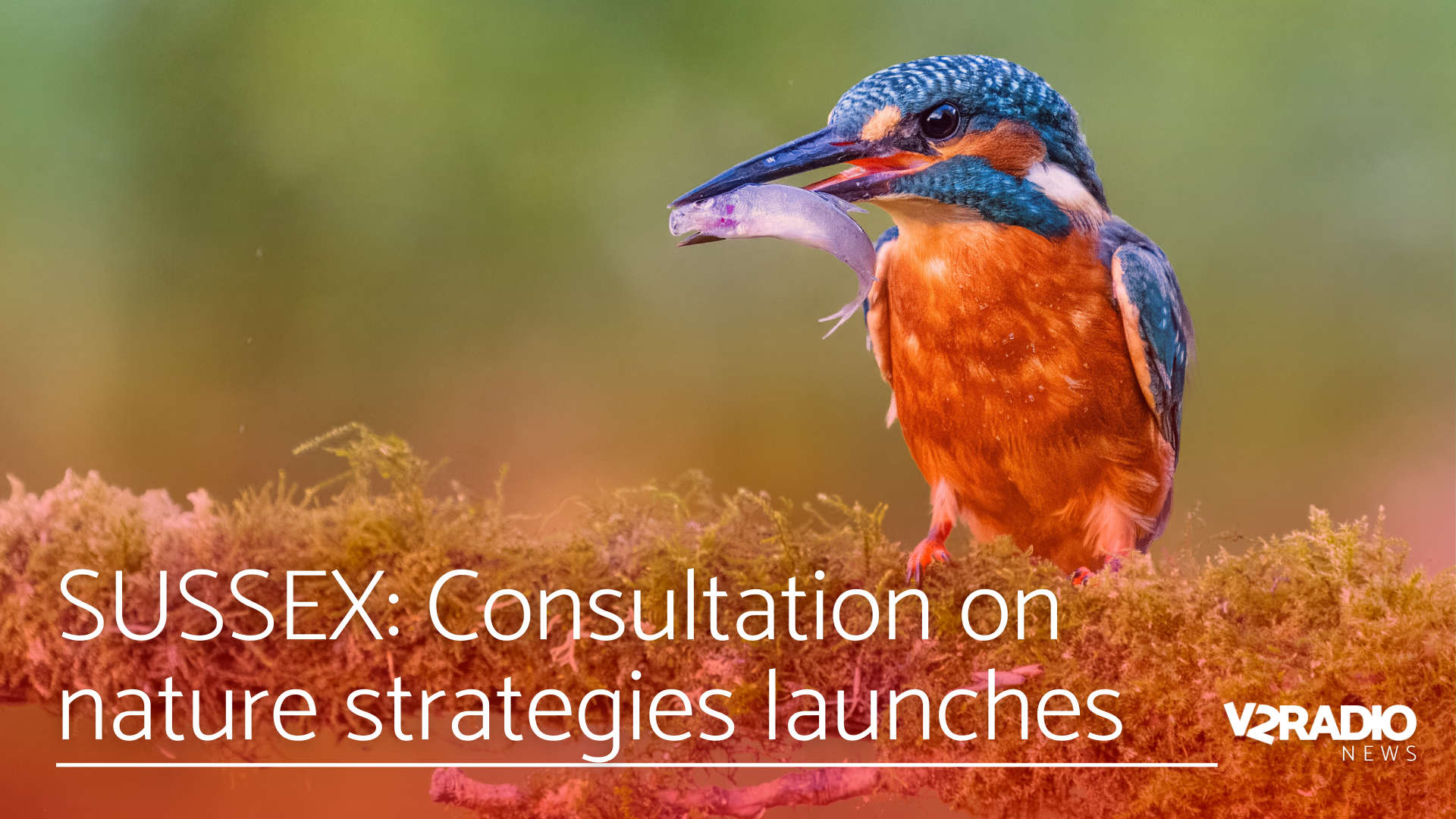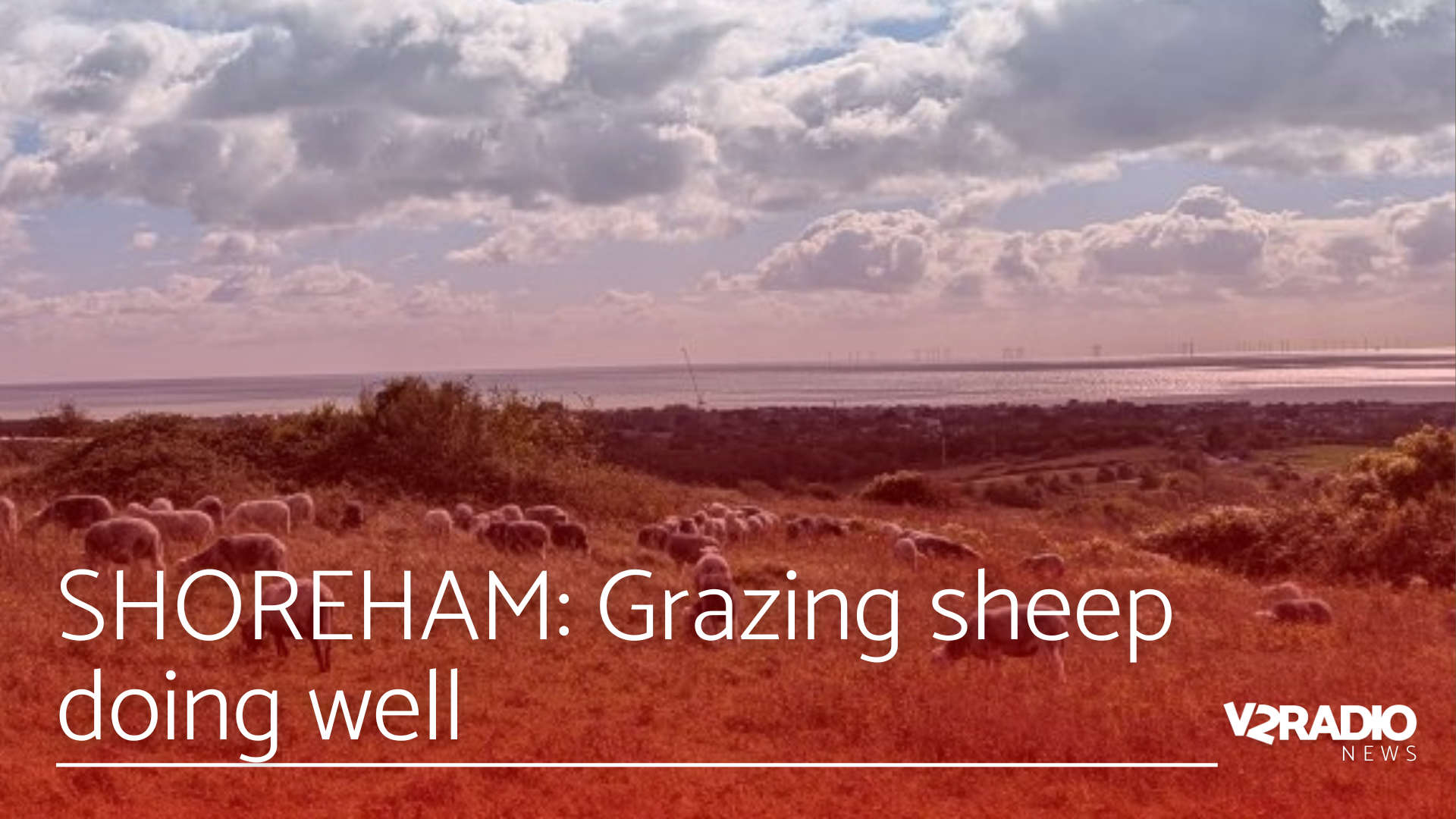
A protected seabird species has made a welcome recovery at RSPB Pagham Harbour on the Solent, with record numbers of Little Terns successfully breeding this year.
Thanks to the work of reserve staff and volunteers, 28 nests were recorded in 2025, producing 21 fledglings — a remarkable turnaround from 2024, when only six nests were found and no chicks survived.
Little Terns are the UK’s smallest tern, weighing less than a tennis ball. Each spring, they return from West Africa to nest on sand and shingle beaches around the Solent, laying their eggs directly on the ground. Pagham Harbour is one of several key nesting sites on the south coast that provide vital habitat for seabirds such as Little Terns and Sandwich Terns.
The Solent is part of the East Atlantic Flyway — a major bird migration route linking the Arctic to southern Africa. The area’s wetlands provide crucial feeding, nesting and resting sites for thousands of birds each year.
Funding for conservation work at Pagham Harbour comes from the Solent Seascape Project, a partnership restoring seabird populations alongside saltmarsh, seagrass and oyster habitats. Since 2000, England’s Little Tern population has declined by 27% due to habitat loss, predation and disturbance. However, conservation efforts have helped increase numbers nationally by 6.7% since 2019.
Since taking over management of the reserve in 2013, the RSPB has focused on protecting and expanding nesting habitats. This includes creating new islands, installing predator fencing, and carrying out regular monitoring. Breach Island, created in 2021, has helped grow the site’s seabird colonies, which now include Sandwich Terns, Black-headed Gulls and Mediterranean Gulls.
Mark Appleton of Solent Seascape Project said: “It was great to see the Little Terns returning to the Pagham Harbour islands this year. There was a lot of hard work put in by the RSPB staff and volunteers to manage and protect the habitat on the islands to allow the Little Terns to nest here. This involved RSPB staff and volunteer work parties managing vegetation as well as installing predator fencing, signage and continual monitoring throughout the spring and summer. The RSPB team and volunteer rangers did a great job with education and raising awareness through pop up events and patrols. The reward was seeing the number of Little Tern fledglings prosper. Let’s hope this will allow numbers to increase even more next year.”
Volunteer Ranger Eira Brewster said: “I’ve only been a ranger for a short time and I’ve really enjoyed being out and about talking to people who are interested in what is going on and seeing what birds are around. The pop ups are an excellent chance to show the public what birds are out there through the scopes which they love. The Little Terns are very popular, the visitors love to see them and always ask if they are here. It was good to have them back this year.”

 Consultation on Sussex nature strategies launches
Consultation on Sussex nature strategies launches
 Children’s hospices in the South welcome national share of £80m funding
Children’s hospices in the South welcome national share of £80m funding
 Grazing sheep settling in well at Mill Hill nature reserve in South Downs
Grazing sheep settling in well at Mill Hill nature reserve in South Downs
 Portsmouth shop owner ordered to pay £53,000 over counterfeit tobacco
Portsmouth shop owner ordered to pay £53,000 over counterfeit tobacco
 Settle down with some spine-tingling tales from West Sussex!
Settle down with some spine-tingling tales from West Sussex!
 Warning as people in the South begin to fill hot water bottles
Warning as people in the South begin to fill hot water bottles
 Man sentenced to a year in prison after breaking into Lloyds Bank in Fareham
Man sentenced to a year in prison after breaking into Lloyds Bank in Fareham
 Hundreds object to 3,000 homes West of Ifield
Hundreds object to 3,000 homes West of Ifield
 Sussex Police first in the country to fit monitoring tags to prolific shoplifters
Sussex Police first in the country to fit monitoring tags to prolific shoplifters
 Further funding agreed for Community Warden scheme in Chichester District
Further funding agreed for Community Warden scheme in Chichester District






